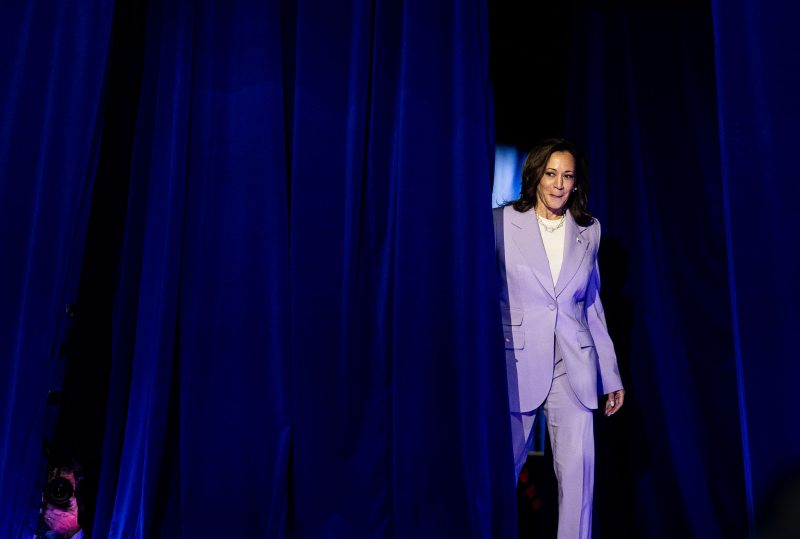In a recent turn of events, Vice President Kamala Harris has shown support for ending taxes on tips, just weeks after a similar pledge was made by former President Donald Trump. This move has sparked discussions and debates among policymakers and the general public alike.
One of the key points of contention in this debate is the impact of such a policy on the government’s revenue and overall economy. While some argue that eliminating taxes on tips could lead to a significant loss in government revenue, others believe that it could stimulate economic growth by putting more money directly into the hands of workers who rely on tips as a substantial part of their income.
Supporters of this policy change highlight the unfairness of taxing tips, which are often seen as discretionary income rather than part of a worker’s base salary. They argue that tips should be treated differently from regular wages and not be subject to taxation in the same way. Additionally, they suggest that eliminating taxes on tips could incentivize better service in industries that heavily rely on tipping, as workers would directly benefit from their performance.
However, critics of the proposal raise concerns about the potential loopholes and unintended consequences that could arise from such a policy change. They argue that without proper regulations in place, some employers could take advantage of the situation by shifting more of the burden onto workers, leading to reduced overall earnings for those in tipped positions. Additionally, there are worries about the broader implications for the tax system and whether eliminating taxes on tips could create a precedent for exemptions on other forms of income.
It is evident that the debate surrounding the taxation of tips is multifaceted and complex, with valid arguments on both sides of the issue. As policymakers consider the potential implications of this proposal, it will be crucial to take into account the interests of workers, businesses, and the government to strike a balance that is fair and sustainable in the long run.
In conclusion, the discussion around ending taxes on tips is far from over, with stakeholders on all sides weighing in on the potential benefits and drawbacks of such a policy change. As this debate continues to unfold, it will be essential for policymakers to carefully consider the implications and work towards a solution that balances the interests of all parties involved.
